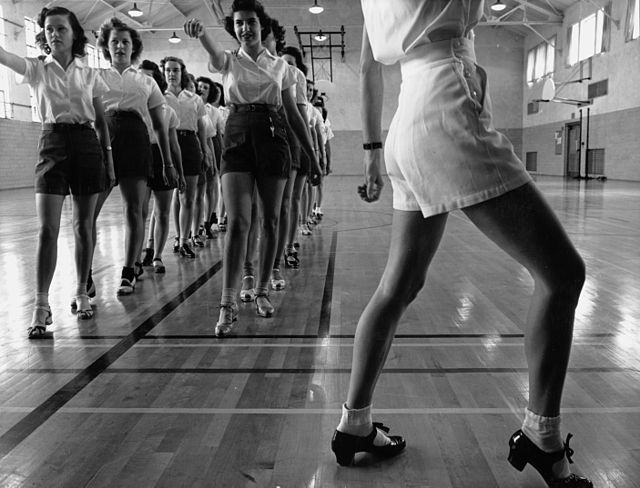Infinite photos and videos for every Wiki article ·
Find something interesting to watch in seconds
History by Country
Wonders of Nature
Celebrities
World Banknotes
Richest US Counties
Great Artists
Best Campuses
Great Cities
Countries of the World
Kings of France
Great Museums
Largest Empires
Ancient Marvels
Supercars
Orders and Medals
Largest Palaces
Presidents
Sports
Animals
Famous Castles
Tallest Buildings
Rare Coins
Recovered Treasures
Wars and Battles
British Monarchs
Crown Jewels
more top lists





